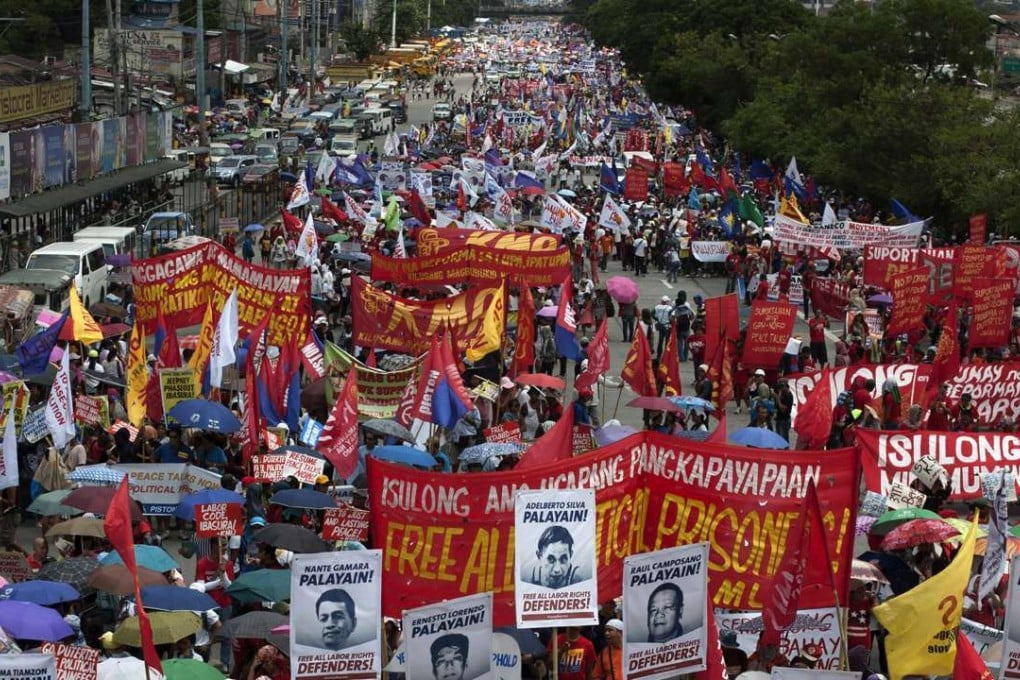Duterte always loved communists – except when he was killing them

When Washington Post correspondent Keith Richburg paid a call on Davao City police chief Franco Calida in 1987, he found himself following a trail of blood up the wooden stairs to the Philippine Constabulary colonel’s second floor office.
There, piled up like cordwood outside the office door were the bodies of suspected members of the New People’s Army (NPA) – the armed wing of the Communist Party of the Philippines – who had been killed the night before by a rag-tag vigilante force known as Alsa Masa, formed to end a communist campaign of terror unleashed on the Philippines’ third largest city.
Why Duterte’s leaving behind his jet ski on his trip to China
Two years later, as a correspondent for the Far Eastern Economic Review, I could still make out the stains as I climbed those same stairs to interview Calida about the remarkable success of the Alsa Masa death squads in loosening the NPA’s dangerous grip on Davao and its sprawling suburbs.
The city’s mayor then was Rodrigo Duterte, now the hugely controversial president of the Philippines, who appears to be following the same brutal playbook in his obsessive campaign to wipe out the country’s drug trade – with Calida’s younger brother, Jose, as his solicitor-general.
Not that extrajudicial killings are new to the Philippines. Easily the most chilling interview I ever did was with Rolando Abadilla, President Ferdinand Marcos’ chief enforcer, whose name will forever be linked to “salvaging” – the word used to describe the murders of leftists and other political rivals during that period.